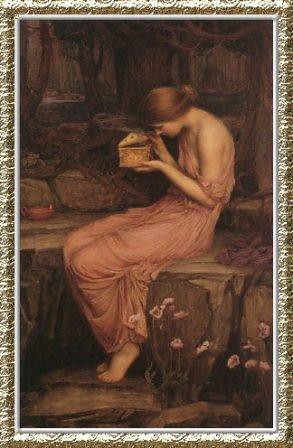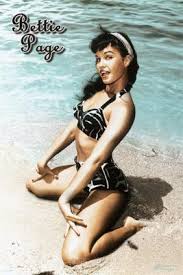Every so often, a thought comes to me while reading comments, either the ones on my blog or on one of the fine blogs I follow, that ends up a post all its own. Most times, that post will take a few days or more to grow from that seed of a thought into a full blown post.
Not this time. I was replying to comments made by several people regarding books and how the feel of them in our hands is important to the act of reading when I decided that a simple comment in reply was not enough. (whew! That was a long sentence!)
So, here is the result: a comment as post.
In the short comment, I said that two things were consistent in Man's history: story telling and the desire to "feel" the words. That led, in my mind, to the novel "Fahrenheit 451" by Ray Bradbury. The story was seen to be about censorship, about denying people books, to keep the public ignorant. But people fought back, they "became" the books that were being destroyed. They became the "story tellers" by memorizing a book so they could retell it and each would teach the book to others so they could retell it elsewhere. These groups became the "libraries".
But Bradbury said he intended it to be about the advent of television reducing knowledge to factoids by destroying interest in books. To be honest, I think he was saying that in hindsight. He wrote the short story, "Bright Phoenix" (from which rose "Fahrenheit 451"), in 1947 and television was in its infancy at the time. No, I think the "seed" of the novel was in the book burnings of Nazi Germany. [A digression: Think about Oskar Werner being cast in the role of the "fireman"]
I would relate the plot in more detail but I think most of you have read it (if you haven't, please do so!). And the story is much more complex (which is why it has become a classic) than just this aspect. What brought it to mind is we are facing another era in which books are perhaps being supplanted by electronic images, where knowledge is being reduced to what we find on the internet, where we read Wikipedia synopses of books rather than the books themselves, where books online (though available) are not read. It's easier to get the gist of a book than it is to absorb it in total.
The responses in my commentary about libraries and books says we aren't. It says that there will always be enough of us to keep the physical books alive. There will always be people who write and tell stories, spark ideas. There will always be people who will inspired by the "story tellers" and who will, in turn, try to inspire others along the same lines.
Will books eventually be replaced by electronic tablets? I don't think so. After all, we still have people telling stories orally; parents and teachers would read to children, professors who lecture on history and philosophy. Books did not replace them, only made them more available to the public. So I think books will go on.
Pandora's Hope is still alive in the world.
A Night Unremembered
15 years ago
























































